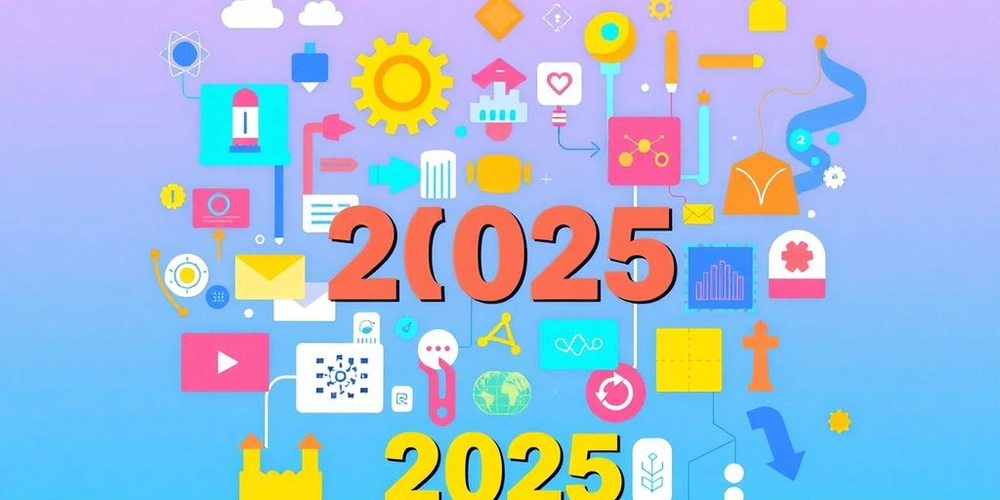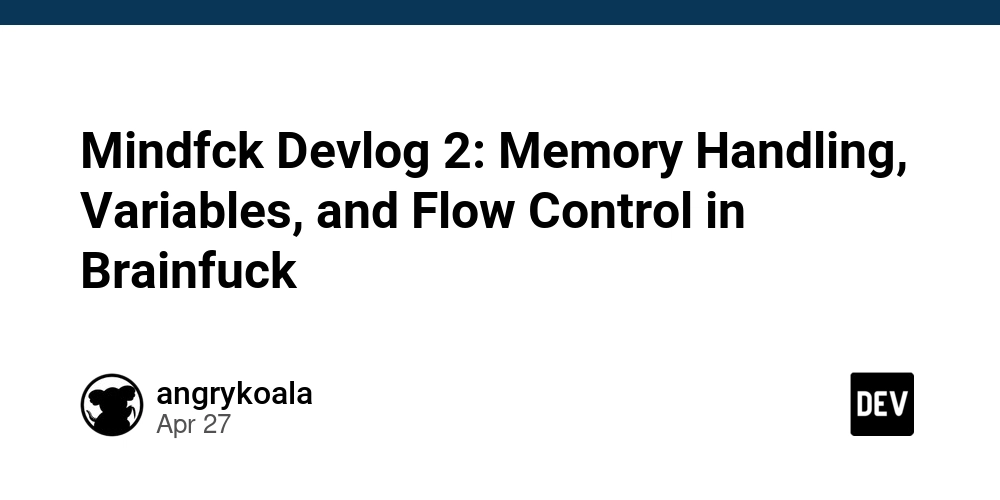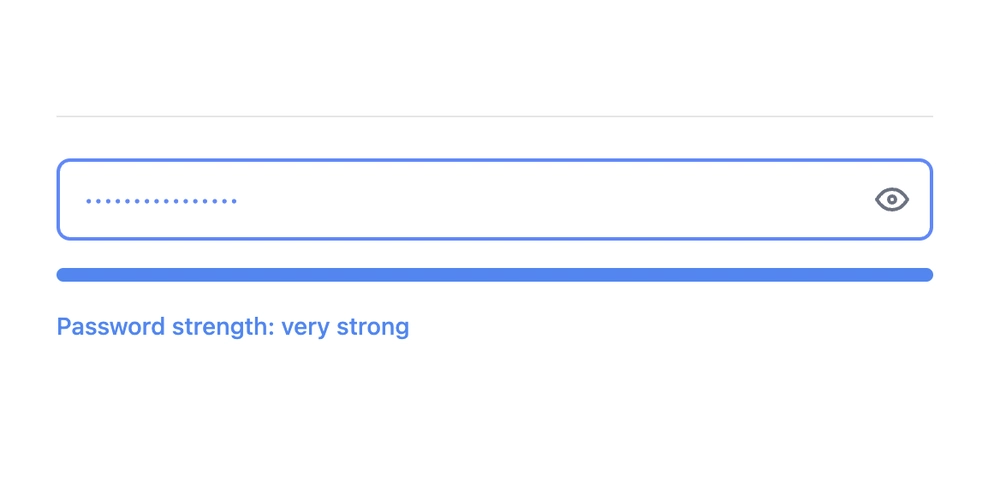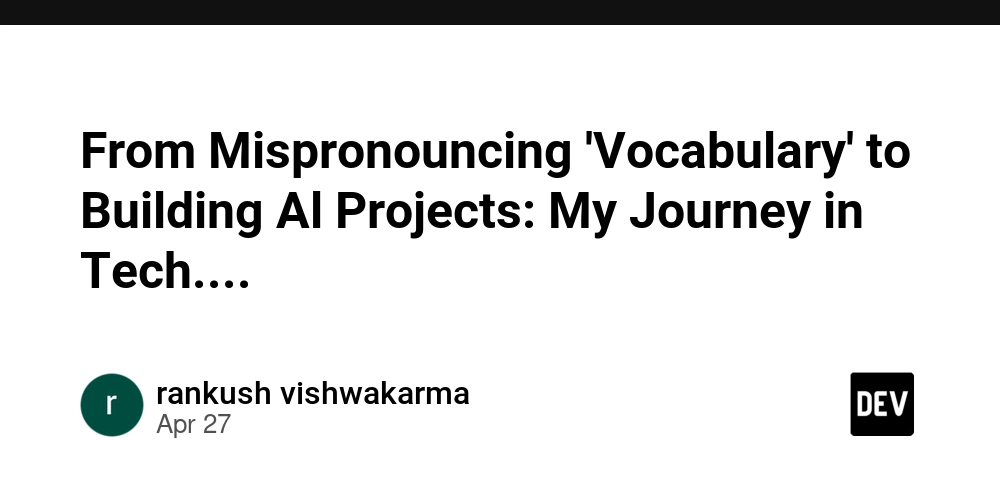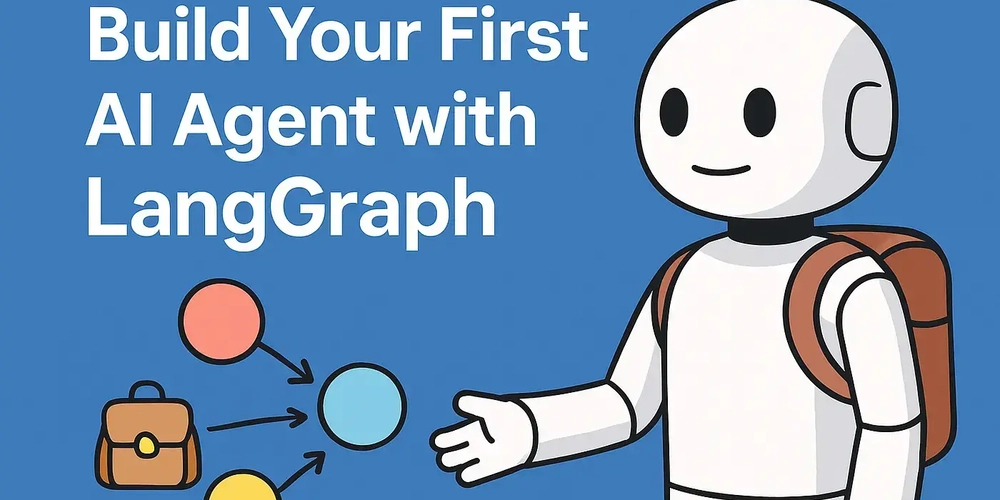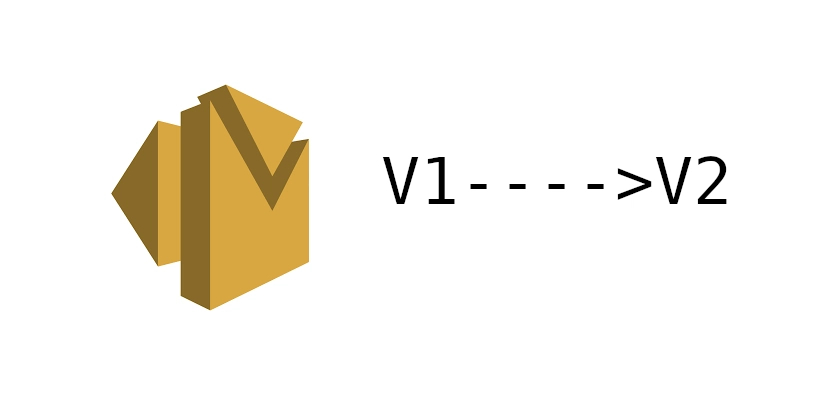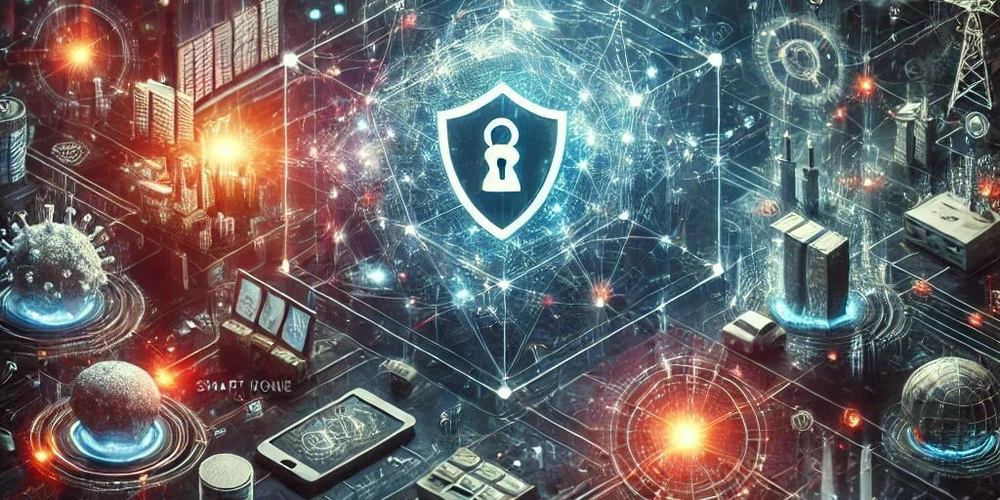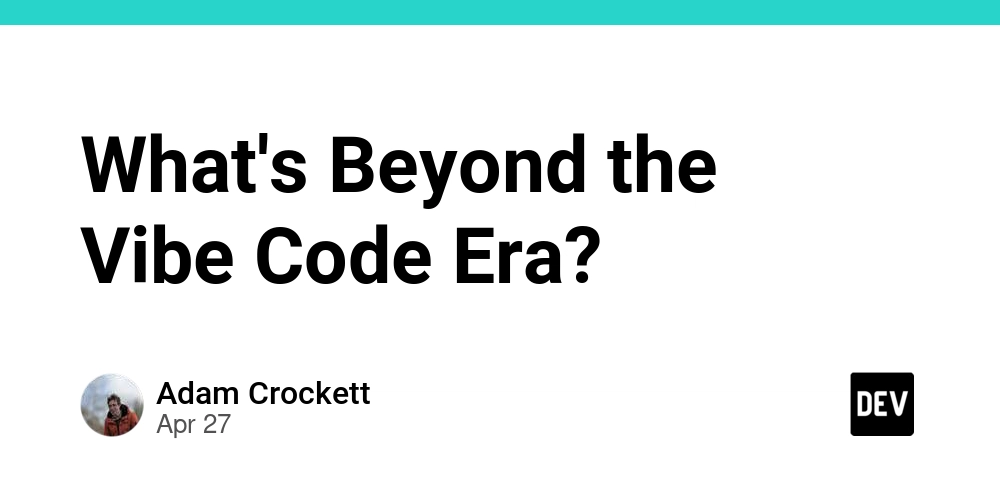
AI-Generated Code: Will Human Programmers Become Obsolete?
Are programmers on the verge of extinction because of AI that writes code? The rise of large language models (LLMs) has many developers wondering about the future of their jobs. Let's delve into why human programmers are still vital, even as AI coding tools evolve.
LLMs and Human-Readable Code: Why It Still Matters
Essentially, programming languages bridge the gap between human intention and machine execution. We write code in a language we understand, which is then translated into a lower-level language (like binary or bytecode) that the computer can directly execute.
Asking AI to generate human-readable code raises an important question: what's the point? The most compelling answer is that human maintainability of the output is crucial.
As long as AI produces code that humans can understand, modify, and collaborate on, programmers will continue to be essential. AI does not automatically imply the absence of programmers.
Why Programmers Will Still Matter Even with AI-Generated Code
Even with sophisticated AI code generation, humans provide these critical layers of input:
- Defining the problem. AI requires specific parameters so humans will remain in charge of problem-solving, breaking down complex problems, and outlining project goals.
- Setting the context. Humans operate based on common knowledge. AI needs to be told all necessary knowledge about a task in advance for correct behavior.
- Evaluating and refining the output. The AI-generated code is just a starting point needing review, testing, and optimization.
- Collaborating with stakeholders. Programmers must be fluent in explaining complex technical concepts to non-technical stakeholders.
The Future: A Living Programming Language?
The future may lie in something even more revolutionary: a "living programming language." Instead of outputting static code, LLMs could generate dynamic systems governed by a universal runtime environment.
Imagine a single, standardized system where AI dynamically constructs programs based on specific goals. Successful behaviors get locked in place, and the system operates in efficient bytecode or binary. This AI-driven programming paradigm would democratize development, allowing anyone with a good idea to contribute. Rather than writing code, contributions would focus on refining ideas and improving system behavior. Only the best ideas will matter, which is a meritocratic approach to advancing technology.
From Code Monkeys to Idea Architects: Navigating the Evolving Landscape
Instead of fearing job losses, we should embrace the potential of AI to automate tedious tasks and unlock new levels of creativity. The role of the programmer will evolve from a code writer to an architect of ideas, guiding AI to build powerful and innovative systems. This shift could promote a more open and collaborative future, paving the way for new ways that people can contribute to technological progress and be compensated for their efforts.


